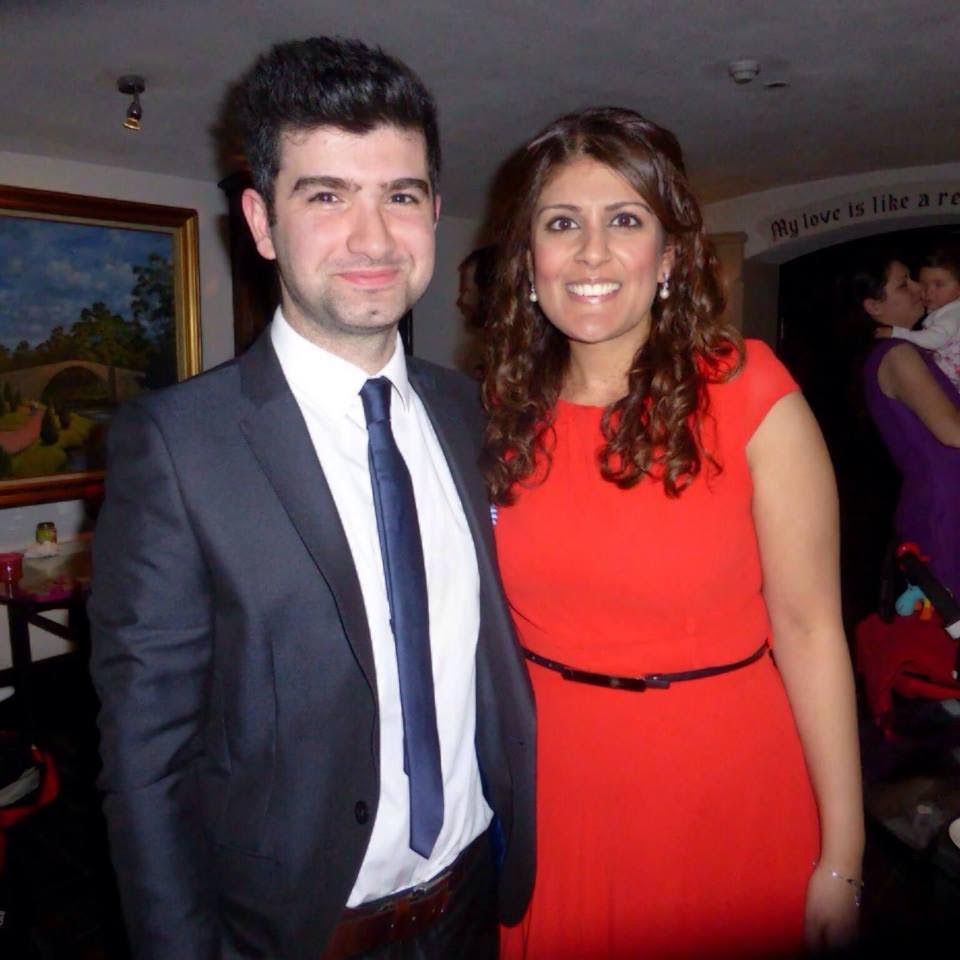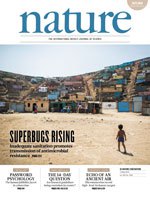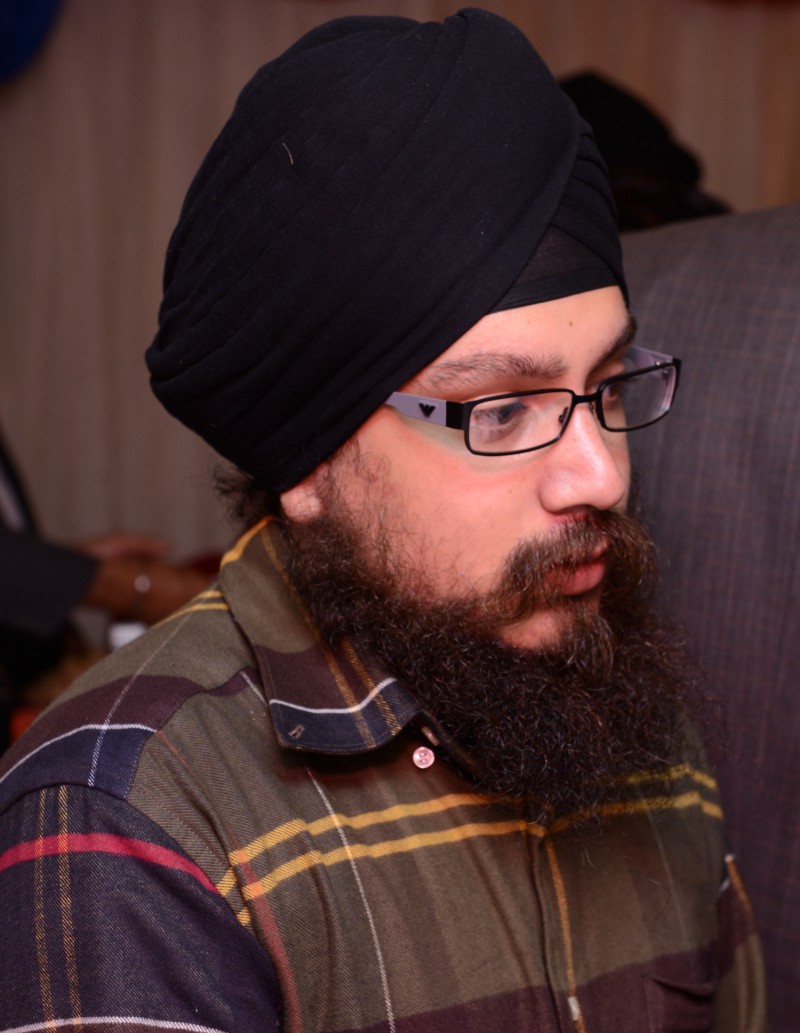
Can’t get enough of the personal and professional politics that dog a scientific career? On your off-hours, you can play a new game called Lab Wars, which lets players reenact the best – and the worst – parts of climbing the scientific career ladder. It was developed by two researchers — Caezar Al-Jassar, a structural biologist at the MRC Laboratory of Molecular Biology, and his partner Kuly Heer, a psychologist at the University of Hertfordshire – while they were on vacation together in Spain last year, according to The Scientist. The pair launched a Kickstarter campaign this week to raise money to manufacture and sell the game — and quickly met their funding goal, and then some.
Retraction Watch: You say the game — also featured this week in Nature — was inspired by author Michael Brooks. How? Continue reading Can misconduct be fun? A new game wants to find out

 Join us in welcoming
Join us in welcoming  Pro-life activists have asked JAMA to retract a 2005 paper that suggested
Pro-life activists have asked JAMA to retract a 2005 paper that suggested  PLOS ONE has republished data that were
PLOS ONE has republished data that were  If authors duplicate portions of their own work in multiple papers — such as descriptions of methods, a boilerplate background to their field, etc. — should that be considered misconduct?
If authors duplicate portions of their own work in multiple papers — such as descriptions of methods, a boilerplate background to their field, etc. — should that be considered misconduct? A court in Finland has ruled that universities must go through the court system if they want to revoke a degree.
A court in Finland has ruled that universities must go through the court system if they want to revoke a degree. The Guardian is
The Guardian is  After PLOS ONE allowed authors to remove a dataset from a paper on chronic fatigue syndrome, the editors are now “discussing the matter” with the researchers, given the journal’s requirements about data availability.
After PLOS ONE allowed authors to remove a dataset from a paper on chronic fatigue syndrome, the editors are now “discussing the matter” with the researchers, given the journal’s requirements about data availability.